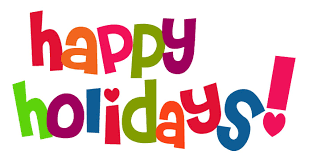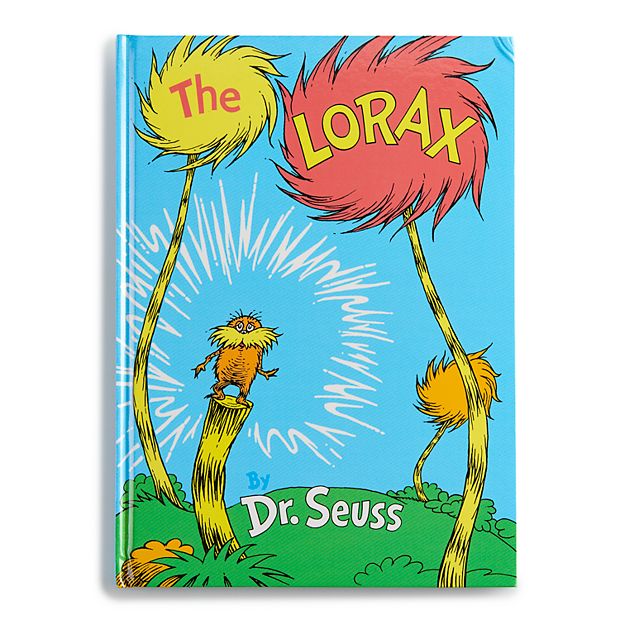7W2 English
Section outline
-
Tēnā koutou katoa
Ko Shivalik te maunga
Ko Markanda te awa
Ko Inia hau te waka
Ko Joshi, Ko Rana ōku whānau
Ko Rajesh tōku ingoa
Nō reira, tēnā koutou, tēnā koutou, tēnā koutou katoa
-
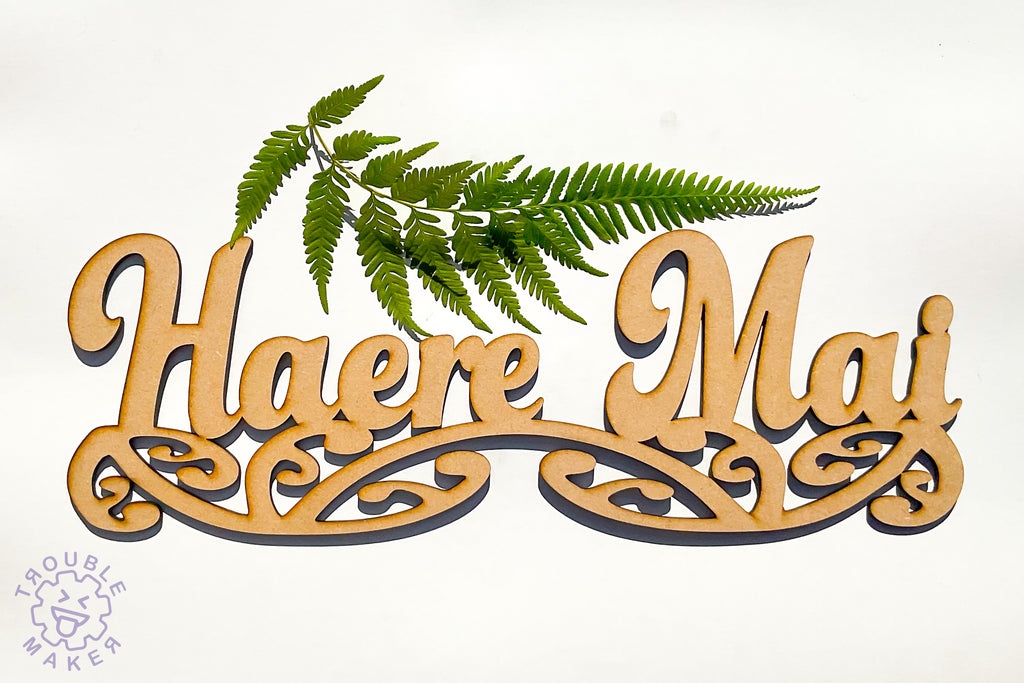
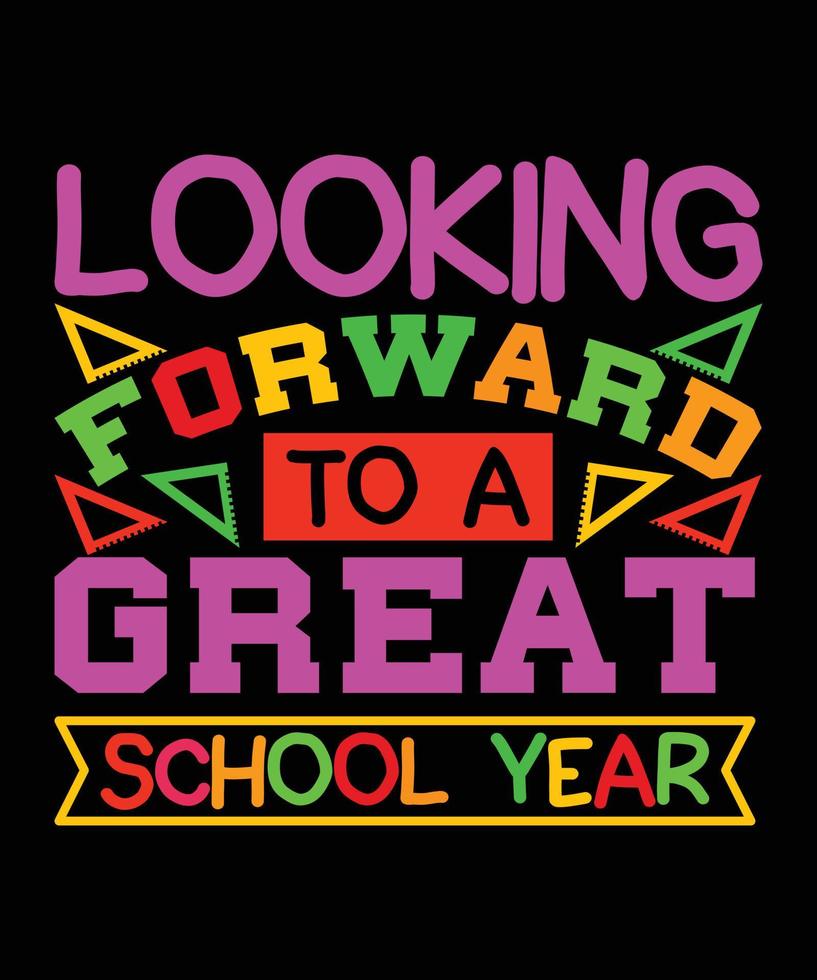
Karakia:
Whakataka te hau ki te uru The West wind has changed
Whakataka te hau ki te tonga The South wind has fallen silent
Kia mākinakina ki uta The land bristles
Kia mātaratara ki tai The sea has goosebumps
E hī ake ana te atakura The first rays of a red dawn pierce the night
He tio, he huka, he hau hū Revealing snow, ice & frost (from mountains to sea)
Haumi e, hui e, tāiki e The breath of life
-

Tēnā koutou, tēnā koutou, tēnā koutou katoa!
Kia Ora Y7 and welcome to your English course page for 2024. My name is Dr. Mrs. (Rajesh) Joshi and I will be your teacher of English this year. I was born and brought up in India. I moved to New Zealand ten years back.
This page is where you will find all the necessary information required for your English course such as Learning Intentions and Success Criteria. All tasks, activities and assessments will be placed here as well as additional lesson notes and resources. Please make it a habit to check this page at the start of each week. This will ensure that you are aware of any expectations we may have of you at that time.
Demonstrate that you practice the school values 'Learning to Learn (Ako), Compassion (Awhinatanga) Integrity (Pono) and Life-Long Learner (Wānanga)' in word and spirit. Learn and enjoy while you are here. Feel free to see me or email me if you have any concerns/questions about your learning. My email address is: rjoshi@mhjc.school.nz
This is a short week. We will get to know each other. Also we will discuss how English class functions and important components of learning English. Make sure that you bring your reading & writing books, pencil case and laptop to English class.
I wish you a great year ahead at Water/MHJC! We will work together to achieve our goals.
Resources: Mrs. Joshi's English Class P.P.T.
-
Week 3
EXPLORE / TŪHURA learning intentions:
- -We are EXPLORING 'He Waka Eke Noa' by discovering our identity and sense of belongingness to our whanau & school.
- -We are EXPLORING 'He Waka Eke Noa' by empathising with diverse people around us and by being inclusive.
Context/Big Idea: He Waka Eke Noa: We are all in this together
Activities:
-EasTTle Reading Test on Tuesday.
-Discussing about our Whanau/family.
-Sharing why a family is important and how all families can be similar or different.
-
Week 4
EXPLORE / TŪHURA learning intentions:
- -We are EXPLORING 'He Waka Eke Noa' by connecting with new friends and staff at school.
- -We are EXPLORING 'He Waka Eke Noa' by discovering our identity and sense of belongingness to our whanau & school.
- -We are EXPLORING 'He Waka Eke Noa' by empathising with diverse people around us and by being inclusive.
- -We are EXPLORING 'He Waka Eke Noa' by displaying school values of:
- Integrity - pono or how we manage ourselves. We are confident, honest, reliable, resilient, trustworthy, determined individuals.
- Compassion - awhinatanga or how we relate to others. We are kind, caring, mindful, supportive, respectful, positive contributors.Empowering learners
- Whakamana or a love for learning and understanding of how we learn best. We are collaborative, independent, curious, creative, innovative, reflective, critical thinkers.
Context/Big Idea: He Waka Eke Noa: We are all in this together
Activities:
-Reading the story 'Mata i Pusi'
-Learning about identity and accepting that it is ok to be different.
-Completing the tasks based on the story.
Resources:
Ebook- Mata i Pusi
Activities PPT
-
Week 5
EXPLORE / TŪHURA learning intentions:
- -We are EXPLORING 'He Waka Eke Noa' by connecting with new friends and staff at school.
- -We are EXPLORING 'He Waka Eke Noa' by discovering our identity and sense of belongingness to our whanau & school.
- -We are EXPLORING 'He Waka Eke Noa' by empathising with diverse people around us and by being inclusive.
- -We are EXPLORING 'He Waka Eke Noa' by displaying school values of:
- Integrity - pono or how we manage ourselves. We are confident, honest, reliable, resilient, trustworthy, determined individuals.
- Compassion - awhinatanga or how we relate to others. We are kind, caring, mindful, supportive, respectful, positive contributors.Empowering learners
- Whakamana or a love for learning and understanding of how we learn best. We are collaborative, independent, curious, creative, innovative, reflective, critical thinkers.
Context/Big Idea: He Waka Eke Noa: We are all in this together
Activities:
-Start of the year Writing Test
Resources:
Writing Booklets
-
Week 6
FOCUS / ARONGA learning intentions:
- We are FOCUSSING...on ‘Short Texts’ by developing our point of view in relation to those texts.
- We are FOCUSSING...on ‘Short Texts’ by discussing the themes, characters, language and structure in those texts.
EXPLORE / TŪHURA learning intentions:
- -We are EXPLORING 'He Waka Eke Noa' by connecting with new friends and staff at school.
- -We are EXPLORING 'He Waka Eke Noa' by discovering our identity and sense of belongingness to our whanau & school.
- -We are EXPLORING 'He Waka Eke Noa' by empathising with diverse people around us and by being inclusive.
- -We are EXPLORING 'He Waka Eke Noa' by displaying school values of:
- Integrity - pono or how we manage ourselves. We are confident, honest, reliable, resilient, trustworthy, determined individuals.
- Compassion - awhinatanga or how we relate to others. We are kind, caring, mindful, supportive, respectful, positive contributors.Empowering learners
- Whakamana or a love for learning and understanding of how we learn best. We are collaborative, independent, curious, creative, innovative, reflective, critical thinkers.
Context/Big Idea: He Waka Eke Noa: We are all in this together
Activities:
-Reading the story 'Paper Tiger'
-Learning about identity and family values.
-Learning paragraph structure 'PEEL.'
Resources:
Story 'Paper Tiger'
'PEEL' Paragraph Structure Resources
-
Week 7

EXPLORE / TŪHURA learning intentions:
- -We are EXPLORING 'He Waka Eke Noa' by connecting with new friends and staff at school.
- -We are EXPLORING 'He Waka Eke Noa' by discovering our identity and sense of belongingness to our whanau & school.
- -We are EXPLORING 'He Waka Eke Noa' by empathising with diverse people around us and by being inclusive.
- -We are EXPLORING 'He Waka Eke Noa' by displaying school values of:
- Integrity - pono or how we manage ourselves. We are confident, honest, reliable, resilient, trustworthy, determined individuals.
- Compassion - awhinatanga or how we relate to others. We are kind, caring, mindful, supportive, respectful, positive contributors.Empowering learners
- Whakamana or a love for learning and understanding of how we learn best. We are collaborative, independent, curious, creative, innovative, reflective, critical thinkers.
FOCUS / ARONGA learning intentions:
- We are FOCUSSING...on ‘Short Texts’ by developing our point of view in relation to those texts.
- We are FOCUSSING...on ‘Short Texts’ by discussing the themes, characters, language and structure in those texts.
Context/Big Idea: He Waka Eke Noa: We are all in this togetherActivities: (CAMP WEEK: ONLY ONE SESSION)
-Practicing paragraph structure writing 'PEEL. -
Week 8
EXPLORE / TŪHURA learning intentions:
- -We are EXPLORING 'He Waka Eke Noa' by connecting with new friends and staff at school.
- -We are EXPLORING 'He Waka Eke Noa' by discovering our identity and sense of belongingness to our whanau & school.
- -We are EXPLORING 'He Waka Eke Noa' by empathising with diverse people around us and by being inclusive.
- -We are EXPLORING 'He Waka Eke Noa' by displaying school values of:
- Integrity - pono or how we manage ourselves. We are confident, honest, reliable, resilient, trustworthy, determined individuals.
- Compassion - awhinatanga or how we relate to others. We are kind, caring, mindful, supportive, respectful, positive contributors.Empowering learners
- Whakamana or a love for learning and understanding of how we learn best. We are collaborative, independent, curious, creative, innovative, reflective, critical thinkers.
FOCUS / ARONGA learning intentions:
- We are FOCUSSING...on ‘Short Texts’ by developing our point of view in relation to those texts.
- We are FOCUSSING...on ‘Short Texts’ by discussing the themes, characters, language and structure in those texts.
Context/Big Idea: He Waka Eke Noa: We are all in this together
Activities:
-Reading the story 'Wild Boy'
-Learning about being inclusive.
-Activities based on the story 'Wild Boy.'
Resources:
Story 'Wild Boy' -
Week 9
EXPLORE / TŪHURA learning intentions:
- -We are EXPLORING 'He Waka Eke Noa' by connecting with new friends and staff at school.
- -We are EXPLORING 'He Waka Eke Noa' by discovering our identity and sense of belongingness to our whanau & school.
- -We are EXPLORING 'He Waka Eke Noa' by empathising with diverse people around us and by being inclusive.
- -We are EXPLORING 'He Waka Eke Noa' by displaying school values of:
- Integrity - pono or how we manage ourselves. We are confident, honest, reliable, resilient, trustworthy, determined individuals.
- Compassion - awhinatanga or how we relate to others. We are kind, caring, mindful, supportive, respectful, positive contributors.Empowering learners
- Whakamana or a love for learning and understanding of how we learn best. We are collaborative, independent, curious, creative, innovative, reflective, critical thinkers.
FOCUS / ARONGA learning intentions:
- We are FOCUSSING...on ‘Short Texts’ by developing our point of view in relation to those texts.
- We are FOCUSSING...on ‘Short Texts’ by discussing the themes, characters, language and structure in those texts.
Context/Big Idea: He Waka Eke Noa: We are all in this together
Activities:
-Reading the poem 'Dawn Service.'
-Learning about Anzac Day.
-Activities based on the poem 'Dawn Service.'
Resources:
Poem 'Dawn Service.' -
Week 10
PLAN & DO / WHAKAMAHI learning intentions:
- We are PLANNING to select and use relevant and appropriate ideas, language features and structures so that we can confidently write for different purposes and audiences.
Awhinatanga: Culturally Connected
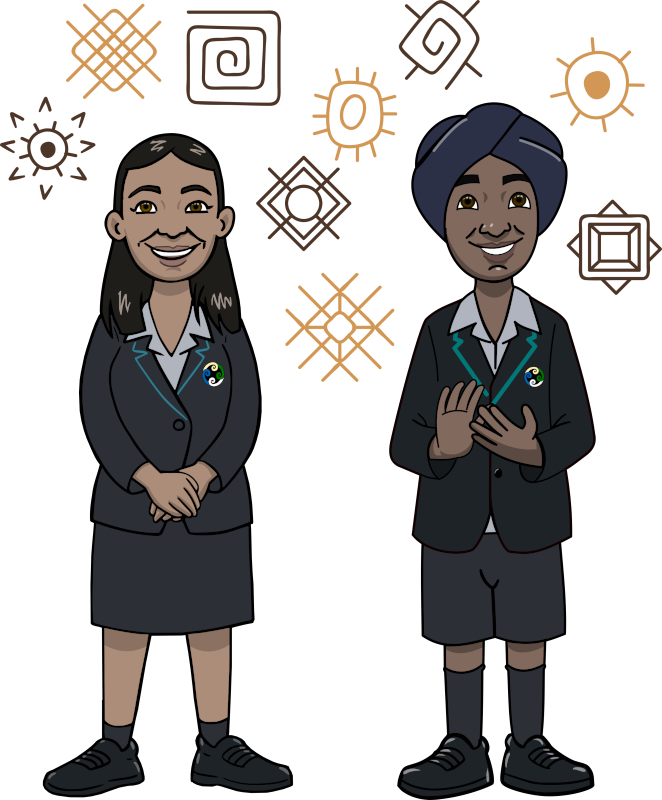
Ako: Learning and Thinking Strategy
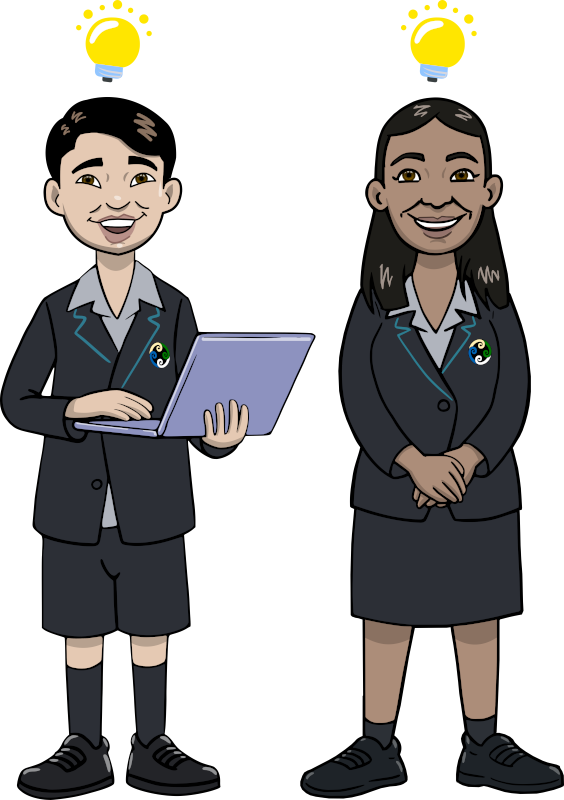
Awhinatanga: Resilient Mindset
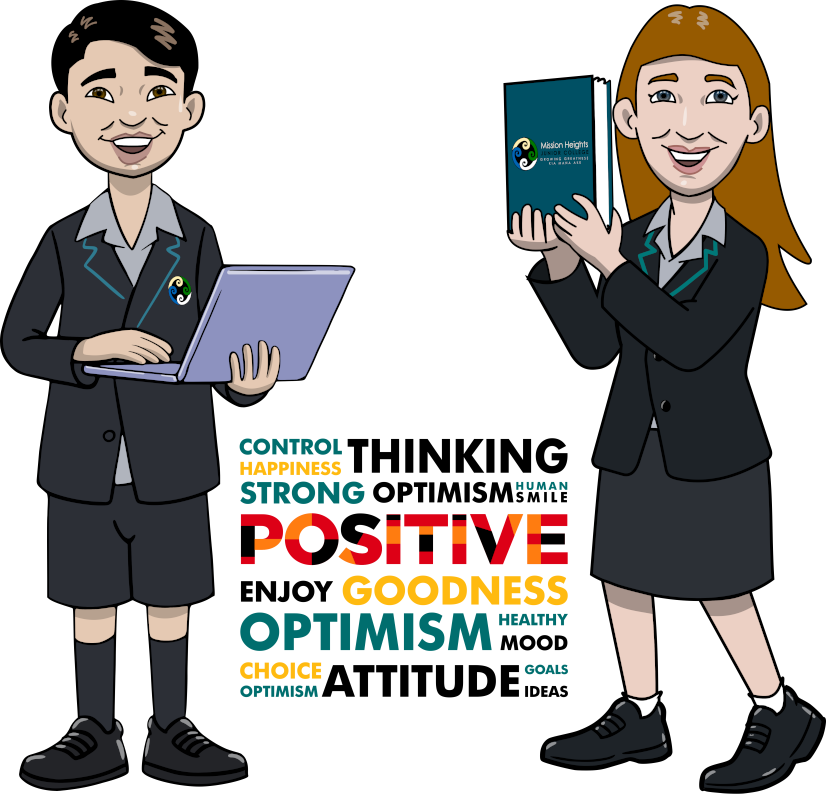
FOCUS / ARONGA learning intentions:
- We are FOCUSSING...on ‘Short Texts’ by developing our point of view in relation to those texts.
- We are FOCUSSING...on ‘Short Texts’ by discussing the themes, characters, language and structure in those texts.
Activities:
English Assessment 1: Response to Written Text
Submission Date: 11th April: Thursday-3 p.m.
-
Opened: Tuesday, 9 April 2024, 12:00 AMDue: Thursday, 11 April 2024, 3:00 PM
Students will be assessed on their response to written text.
-
Week 11
PLAN & DO / WHAKAMAHI learning intentions:
- We are PLANNING to select and use relevant and appropriate ideas, language features and structures so that we can confidently write for different purposes and audiences.
Awhinatanga: Culturally Connected

Ako: Learning and Thinking Strategy

Awhinatanga: Resilient Mindset

FOCUS / ARONGA learning intentions:
- We are FOCUSSING...on ‘Short Texts’ by developing our point of view in relation to those texts.
- We are FOCUSSING...on ‘Short Texts’ by discussing the themes, characters, language and structure in those texts.
Activities:
-Continue working on your English Assessment 1: Response to Written Text
-Submission Date: 11th April: Thursday-3 p.m.
-
WEEK 1
EXPLORE / TŪHURA learning intentions:
- We are EXPLORING ENVIRONMENTAL SUSTAINABILITY by reading the story of ‘The Lorax.’
- We are EXPLORING ENVIRONMENTAL SUSTAINABILITY by watching the movie ‘The Lorax.’
- We are EXPLORING ENVIRONMENTAL SUSTAINABILITY by discovering the impacts of environmental imbalance.
- We are EXPLORING ELEMENTS OF VISUAL LANGUAGE by by observing and understanding symbols and examples
- We are EXPLORING ELEMENTS OF VISUAL LANGUAGE by applying its elements to construct a Static Image based on Big Ideas of the context.
- We are EXPLORING the connections between oral, written, and visual language by creating a collaborative text (STATIC IMAGE)
CONTEXT/BIG IDEA: Tread Lightly-Takahia Mama
Activities:
-This term we are going to read 'The Lorax' and watch the film based on it.
-Completing the vocabulary slides related with 'The Lorax'
SUCCESS CRITERIA:
Criteria
Working Towards Curriculum Level
Working At Curriculum Level
Working Above Curriculum Level
Working Beyond Curriculum Level
Ideas
I can name a few ideas from what I hear/read/view
I can describe a few ideas from what I hear/read/view
I can explain a few ideas from a range of sources
I can develop and communicate ideas clearly from a range of sources and viewpoints
Elements of Visual Language:
Dominant- Image, Colour, Texture,
Shape, Symbolism, Lettering/ Font,
Proportion, Layout, Negative-Space
I can identify some features of Visual Language from the list
I can describe some features of Visual Language from the list
I can apply some features of Visual Language from the list in my Static Image
I can apply many features of Visual Language from the list in my Static Image and explain them
Elements of Verbal Language:
Metaphor, Simile, Personification,
Alliteration, Oxymoron, Pun,
Repetition, Hyperbole
I can identify some features of Verbal Language from the list
I can describe some features of Verbal Language from the list
I can apply some features of Verbal Language from the list in my Static Image
I can apply many features of Verbal Language from the list in my Static Image and explain them
Static Image
Audience & Purpose
I am starting to develop an understanding of how to construct a text appropriate to purpose and audience
I am developing understanding of how to construct a text appropriate to purpose and audience
I am showing some understanding of how to construct a text appropriate to purpose and audience
I am showing understanding of how to construct a text appropriate to purpose and audience
Resources:
https://quizlet.com/192254182/the-lorax-vocab-flash-cards/
Slideshow on 'The Lorax' vocabulary -
Week 2
EXPLORE / TŪHURA learning intentions:
- We are EXPLORING ENVIRONMENTAL SUSTAINABILITY by reading the story of ‘The Lorax.’
- We are EXPLORING ENVIRONMENTAL SUSTAINABILITY by watching the movie ‘The Lorax.’
- We are EXPLORING ENVIRONMENTAL SUSTAINABILITY by discovering the impacts of environmental imbalance.
- We are EXPLORING ELEMENTS OF VISUAL LANGUAGE by by observing and understanding symbols and examples
- We are EXPLORING ELEMENTS OF VISUAL LANGUAGE by applying its elements to construct a Static Image based on Big Ideas of the context.
- We are EXPLORING the connections between oral, written, and visual language by creating a collaborative text (STATIC IMAGE)
CONTEXT/BIG IDEA: Kaitiaki Kiwis - Tread Lightly- "Takahia Mama"
Activities:
-Before Reading Discussion:
-
What does 'natural' mean? What is a natural resource? Who do they belong to? What are they used for? List natural resources e.g. forests, water, wool, milk. Find pictures of natural resources in magazines, photos, etc. and make a collage. Discuss with children the idea that we must look after our natural resources.
-
What makes you behave in ways that are acceptable to the classroom group. What are the incentives to behave this way? What rules do we have in the classroom/school? What happens if we break the rules? Who decides the rules? Why?
Describe what you can see out the window. Describe your local area/town/city. (If possible have pictures to help with this, including factories, businesses, parks, houses, etc.). Describe what you would have seen.
-Reading the story 'The Lorax.'
Resources:
'The Lorax' Story
-
Week 4
EXPLORE / TŪHURA learning intentions:
- We are EXPLORING ENVIRONMENTAL SUSTAINABILITY by reading the story of ‘The Lorax.’
- We are EXPLORING ENVIRONMENTAL SUSTAINABILITY by watching the movie ‘The Lorax.’
- We are EXPLORING ENVIRONMENTAL SUSTAINABILITY by discovering the impacts of environmental imbalance.
- We are EXPLORING ELEMENTS OF VISUAL LANGUAGE by by observing and understanding symbols and examples
- We are EXPLORING ELEMENTS OF VISUAL LANGUAGE by applying its elements to construct a Static Image based on Big Ideas of the context.
- We are EXPLORING the connections between oral, written, and visual language by creating a collaborative text (STATIC IMAGE)
Activities:
-easttle Reading test-Tuesday session 1
-Discussing the themes/big ideas of 'The Lorax'
-
Week 5
EXPLORE / TŪHURA learning intentions:
- We are EXPLORING ENVIRONMENTAL SUSTAINABILITY by reading the story of ‘The Lorax.’
- We are EXPLORING ENVIRONMENTAL SUSTAINABILITY by watching the movie ‘The Lorax.’
- We are EXPLORING ENVIRONMENTAL SUSTAINABILITY by discovering the impacts of environmental imbalance.
- We are EXPLORING ELEMENTS OF VISUAL LANGUAGE by by observing and understanding symbols and examples
- We are EXPLORING ELEMENTS OF VISUAL LANGUAGE by applying its elements to construct a Static Image based on Big Ideas of the context.
- We are EXPLORING the connections between oral, written, and visual language by creating a collaborative text (STATIC IMAGE)
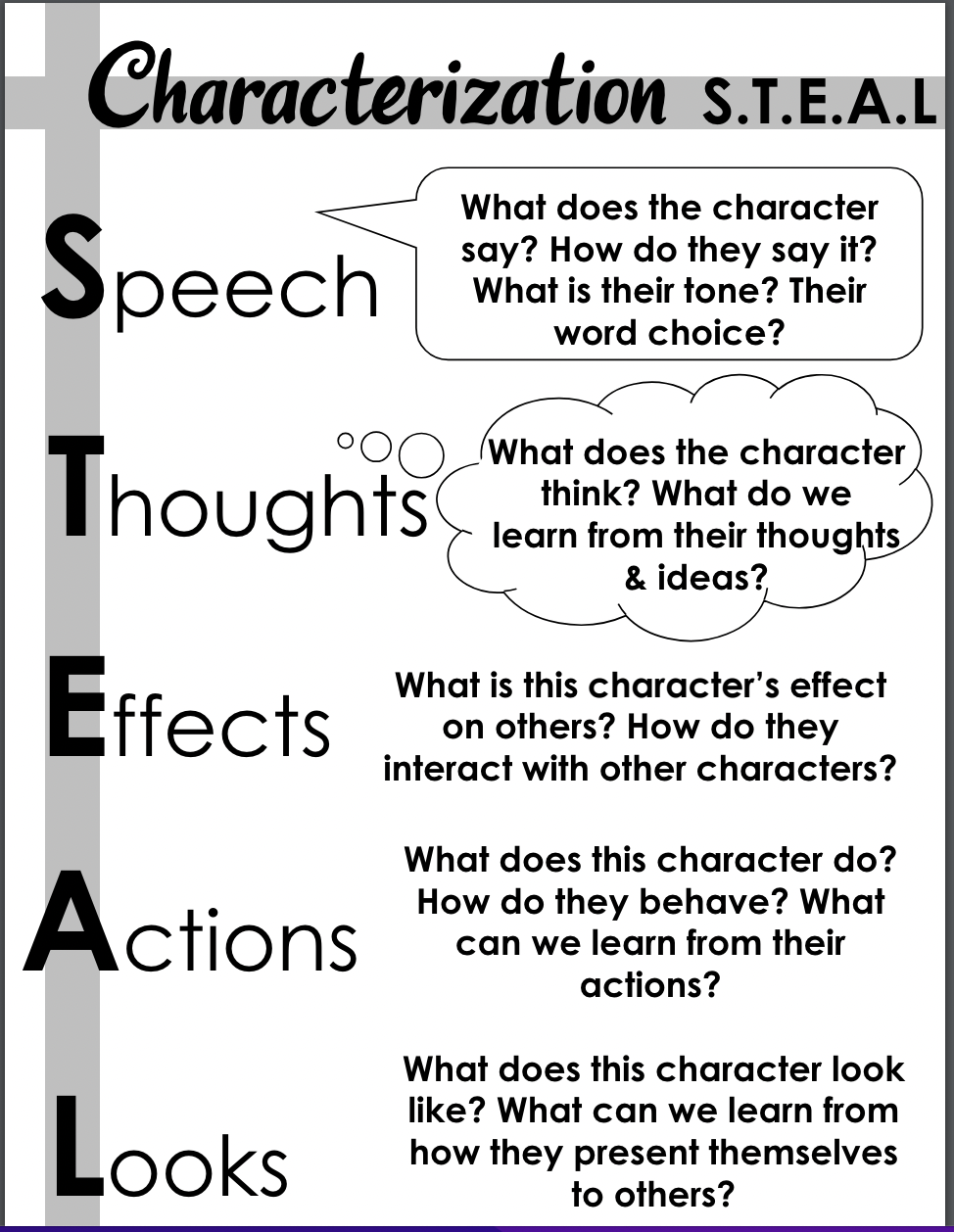
Activities:
-Learning about 'Characterisation' using S.T.E.A.L.
Describe how a character looks.
Describe how a character speaks, acts, thinks and behaves.
Describe how a character changes in the story for better or for worse or both.
Describe how a character impacts other characters in the story.
Explain what motivates a character to do what they do in the story (Character motivation).
-Creating a character sketch of our favourite character from the movie 'The Lorax'
Resources:
https://www.secondaryenglishcoffeeshop.com/2020/02/5-ways-to-teach-characterization-and.html#:~:text=While%20reading%20a%20novel%2C%20I,ways%20we%20learn%20about%20characters.
https://www.wikihow.com/Describe-a-Person%27s-Physical-Appearance
https://7esl.com/describing-people-appearance/ (VOCABULARY)
-
Week 6
EXPLORE / TŪHURA learning intentions:
- We are EXPLORING ELEMENTS OF VISUAL LANGUAGE by by observing and understanding symbols and examples
- We are EXPLORING ELEMENTS OF VISUAL LANGUAGE by applying its elements to construct a Static Image based on Big Ideas of the context.
- We are EXPLORING the connections between oral, written, and visual language by creating a collaborative text (STATIC IMAGE)
FOCUS / ARONGA learning intentions:
- We are FOCUSED on responding to the film 'The Lorax' by developing our understanding about environmental sustainability.
- We are FOCUSED on responding to the film 'The Lorax' by transforming into being environment friendly.
- We are FOCUSED on responding to the film 'The Lorax' by practicing the elements of Visual Language.
- We are FOCUSED on responding to the film 'The Lorax' by explaining our Visual Language choices in our Static Image.
- We are FOCUSED on creating a Static Image by applying the elements of Visual Language and integrating them with our term 2 context.
Activities:
-Learning about Visual Language.
-Learning about visual symbols.
-
Week 7
EXPLORE / TŪHURA learning intentions:
- We are EXPLORING ELEMENTS OF VISUAL LANGUAGE by by observing and understanding symbols and examples
- We are EXPLORING ELEMENTS OF VISUAL LANGUAGE by applying its elements to construct a Static Image based on Big Ideas of the context.
- We are EXPLORING the connections between oral, written, and visual language by creating a collaborative text (STATIC IMAGE)
FOCUS / ARONGA learning intentions:
- We are FOCUSED on responding to the film 'The Lorax' by developing our understanding about environmental sustainability.
- We are FOCUSED on responding to the film 'The Lorax' by transforming into being environment friendly.
- We are FOCUSED on responding to the film 'The Lorax' by practicing the elements of Visual Language.
- We are FOCUSED on responding to the film 'The Lorax' by explaining our Visual Language choices in our Static Image.
- We are FOCUSED on creating a Static Image by applying the elements of Visual Language and integrating them with our term 2 context.
Activities:
-Learning about the meaning of different colours as we will use different colours in our Static Image.
-Learning about the meaning of different symbols as we may use some symbols in our Static Image.
-Starting the planning of our Static Image.
Resources:
-Colours Chart
-Maori symbols
-Chinese symbols
-Some universal symbols
-Static Image planning sheet
Some universal symbols: https://visme.co/blog/symbols-and-meanings/
(Static Image planning sheet is on Google Classroom)
-
Week 8
PLAN & DO / WHAKAMAHI learning intentions:We are PLANNING to construct a Visual text/Static Image so that we can demonstrate an understanding of the processes & strategies and purpose & audience through deliberate choice of content, elements of visual language and text form.
FOCUS / ARONGA learning intentions:
- We are FOCUSED on responding to the film 'The Lorax' by practicing the elements of Visual Language.
- We are FOCUSED on responding to the film 'The Lorax' by explaining our Visual Language choices in our Static Image.
- We are FOCUSED on creating a Static Image by applying the elements of Visual Language and integrating them with our term 2 context.
-Completing my Static Image Planning.
-Getting my Static Image planning approved from Mrs. Joshi.
-Making a rough draft of my Static Image.
Resources:
-Consult weeks 6 & 7 resources on 'Visual Language.'
-Use the Static Image planning template given last week.Success Criteria:
Criteria
Working Towards Curriculum Level
Working At Curriculum Level
Working Above Curriculum Level
Working Beyond Curriculum Level
Ideas
I can name a few ideas from what I hear/read/view
I can describe a few ideas from what I hear/read/view
I can explain a few ideas from a range of sources
I can develop and communicate ideas clearly from a range of sources and viewpoints
Elements of Visual Language:
Dominant- Image, Colour, Texture,
Shape, Symbolism, Lettering/ Font,
Proportion, Layout, Negative-Space
I can identify some features of Visual Language from the list
I can describe some features of Visual Language from the list
I can apply some features of Visual Language from the list in my Static Image
I can apply many features of Visual Language from the list in my Static Image and explain them
Elements of Verbal Language:
Metaphor, Simile, Personification,
Alliteration, Oxymoron, Pun,
Repetition, Hyperbole
I can identify some features of Verbal Language from the list
I can describe some features of Verbal Language from the list
I can apply some features of Verbal Language from the list in my Static Image
I can apply many features of Verbal Language from the list in my Static Image and explain them
Static Image
Audience & Purpose
I am starting to develop an understanding of how to construct a text appropriate to purpose and audience
I am developing understanding of how to construct a text appropriate to purpose and audience
I am showing some understanding of how to construct a text appropriate to purpose and audience
I am showing understanding of how to construct a text appropriate to purpose and audience
-
Week 9
PLAN & DO / WHAKAMAHI learning intentions:
- We are PLANNING to construct a Visual text/Static Image so that we can demonstrate an understanding of the processes & strategies and purpose & audience through deliberate choice of content, elements of visual language and text form.
FOCUS / ARONGA learning intentions:
- We are FOCUSED on responding to the film 'The Lorax' by practicing the elements of Visual Language.
- We are FOCUSED on responding to the film 'The Lorax' by explaining our Visual Language choices in our Static Image.
- We are FOCUSED on creating a Static Image by applying the elements of Visual Language and integrating them with our term 2 context.
Activities: (2 sessions this week)
Using A3 paper, drawing our Static Image.
SUCCESS CRITERIA:
-
Kia ora 7W2,
My name is Debbie Pillay and I will be your English Teacher for Term 3 and Term 4. I will give you a brief introduction of myself in class. Looking forward to meeting everyone!
N.B. Please put your bags into the cupboards promptly. You will need pens, books and devices.EXPLORE / TŪHURA learning intentions:
- We are EXPLORING the olympics by analysing texts and how they are structured for different purposes
- We are EXPLORING the olympics by explaining the effects of conventions in a written/visual text
- We are EXPLORING olympics by discussing how language is used varies across time, place, and social contexts.
Success criteria:
I can identify structural features used in texts (eg. paragraphing)
I can locate the key ideas in each paragraph
I can identify details and evidence evidence supporting the key ideas in paragraphs
I can identify the language features used in a text for achieve purpose
I can describe the effect of the language features used by the writer
I can locate the linking words used by the writer
This weeks activities will include :
Literacy activities
Warm up 10 minutes: Grammar, Spelling and Punctuation on slides
-
EXPLORE / TŪHURA learning intentions:
- We are EXPLORING the olympics by analysing texts and how they are structured for different purposes
- We are EXPLORING the olympics by explaining the effects of conventions in a written/visual text
- We are EXPLORING olympics by discussing how language is used varies across time, place, and social contexts.
Success criteria:
I can identify structural features used in texts (eg. paragraphing)
I can locate the key ideas in each paragraph
I can identify details and evidence evidence supporting the key ideas in paragraphs
I can identify the language features used in a text for achieve purpose
I can describe the effect of the language features used by the writer
I can locate the linking words used by the writer
This weeks activities will include :
Literacy activities
Warm up 10 minutes: Grammar, Spelling and Punctuation on slides
-
Learning Intentions:
Reading Comprehension:
I can identify the main ideas and key details from reading passages about the Olympic Games (Level 4: Integrate information from a variety of sources).
I can use context clues to understand the meaning of unfamiliar words related to the Olympics (Level 4: Use knowledge of vocabulary to understand texts).
I can answer questions that require making inferences from the text about the Olympics (Level 4: Make inferences and draw conclusions).
Success Criteria:
You can identify at least 3 main ideas from the reading passage.
You can define at least 2 unfamiliar words related to the Olympics using context clues.
You can answer all comprehension questions correctly, showing evidence from the text to support your answers.
- Literacy Daily Warm up
- Reading Comprehension tasks, scavenger hunt and completing a puzzle.
-
Welcome to Week 4 Term 3
Learning intentions:
we are EXPLORING/FOCUSING on the olympics and understanding that explanation writing is used to describe how or why something happens, providing clear and logical information.
we are EXPLORING/FOCUSING on the olympics and analysing the typical structure of an explanation text, including the introduction, explanation sequence (steps or causes), and conclusion.
- I can select and use structural features
- I can express the purpose of the text using a variety of sentence structures, beginnings, and lengths for effect
- I can compare/contrast how the purpose of the text affects the structure of a text
- I can compose a range of text using language features effectively while sustaining a writing style which is appropriate for my audience
- I can modify my writing by seeking and respond to feedback, or I can critique my own writing using a given criteria
Warm up 10 minutes: Grammar, Spelling and Punctuation on slides
What is expository writing? Explanation writing slides
Working in groups and dissecting explanation examples.
Looking at the purpose, structure and language features of explanation writing.
Finishing up Olympic Puzzles sheet
To Do Grammar Task 1 on Google Classroom
-
Welcome to Week 5 Term 3
Learning intentions:
we are EXPLORING/FOCUSING on the olympics and understanding that explanation writing is used to describe how or why something happens, providing clear and logical information.
we are EXPLORING/FOCUSING on the olympics and analysing the typical structure of an explanation text, including the introduction, explanation sequence (steps or causes), and conclusion.
- I can select and use structural features
- I can express the purpose of the text using a variety of sentence structures, beginnings, and lengths for effect
- I can compare/contrast how the purpose of the text affects the structure of a text
- I can compose a range of text using language features effectively while sustaining a writing style which is appropriate for my audience
- I can modify my writing by seeking and respond to feedback, or I can critique my own writing using a given criteria
Warm up 10 minutes: Grammar, Spelling and Punctuation on slides
What is expository writing? Explanation writing slides
Choose our own topic: brainstorm, research, note taking, plan, edit and publish
Lessons on note taking, planning, hooking the audience, summarising, editing and publishing.
Planning templates provided.
-
Welcome to Week 6 Term 3
Learning intentions:
we are EXPLORING/FOCUSING on the olympics and understanding that a biography is a piece of writing that tells the story of someone's life but is written by another person.Biographies also need to be engaging and descriptive to keep the audience interested.
we are EXPLORING/FOCUSING on the olympics and analysing biographical writing requires skills in investigation, analysing information, writing concisely and chronologically.
- I can locate some key facts in a biography
- I can identify the main features in a biography
- I can use those features to write a biography
Warm up 10 minutes: Grammar, Spelling and Punctuation on slides
Completing: Publish and share explanation writing
Reading and analysing Biographies on Sports men and women.
Write a Biography on someone of your own choice.
-
Opened: Monday, 2 September 2024, 1:00 AMDue: Tuesday, 17 September 2024, 2:00 PM
Students will be assessed on their Biography Writing
-
Welcome to Week 7 Term 3
Learning intentions:
we are EXPLORING/FOCUSING on the olympics and understanding that a biography is a piece of writing that tells the story of someone's life but is written by another person.Biographies also need to be engaging and descriptive to keep the audience interested.
we are EXPLORING/FOCUSING on the olympics and analysing biographical writing requires skills in investigation, analysing information, writing concisely and chronologically.
- I can locate some key facts in a biography
- I can identify the main features in a biography
- I can use those features to write a biography
Homework - Completing: Publish and share Biography on Christiano Ronaldo
Reading and analysing Fact files on NZ Sports men and women.
Assessment : Write a Biography on someone of your own choice.
-
Learning intentions:
we are EXPLORING/FOCUSING on the olympics and understanding that a biography is a piece of writing that tells the story of someone's life but is written by another person.Biographies also need to be engaging and descriptive to keep the audience interested.
we are EXPLORING/FOCUSING on the olympics and analysing biographical writing requires skills in investigation, analysing information, writing concisely and chronologically.
- I can locate some key facts in a biography
- I can identify the main features in a biography
- I can use those features to write a biography
Homework - Completing: Publish and share Biography on Christiano Ronaldo
Reading and analysing Fact files on NZ Sports men and women.
Assessment : Write a Biography on someone of your own choice.
-
Welcome to Week 9 Term 3
Learning intentions:
we are EXPLORING/FOCUSING on the olympics and understanding that a biography is a piece of writing that tells the story of someone's life but is written by another person.Biographies also need to be engaging and descriptive to keep the audience interested.
we are EXPLORING/FOCUSING on the olympics and analysing biographical writing requires skills in investigation, analysing information, writing concisely and chronologically.
- I can locate some key facts in a biography
- I can identify the main features in a biography
- I can use those features to write a biography
Assessment : Writing a Biography on a New Zealand olympian. Due this Tuesday
To Do Grammar Task 1 and 2 on GC
BrainPOP - Parts of Speech on GC
-
Welcome to the last week of the Term
Learning intentions:
We are PLANNING/DOING around the context of olympics by revising and editing and proofreading the text to check the grammar, spelling, and punctuation
Literacy activities:
- Self study: Essential Word List
- Complete Grammar Task 1 and mark work on Tuesday
- Grammar Task 2 on Wednesday
- Fast Finishers - BrainBop activities
-
Welcome back everyone! I hope that you had a lovely break and are ready for Term 4.
Learning Intentions:
We are EXPLORING the Great Kiwi summer by reading stories, articles, poems based on different towns,cities and regions within Aotearoa, so that we can complete an advertisement about a potential road trip through Aotearoa.
We will start off with a bang!
- Daily Literacy Activity Slide
- This Tuesday : EAsstle Writing - Session 1 and 2
- Introduction to the Great KIWI Road Trip programme:
- 1. Choose your destination
- 2. Read the journal/poem/article based in that area
- 3. Complete activity card: Design a postcard and newspaper article.
- I can identify the text’s creator and why the text has been created (purpose).
-
Week 3
EXPLORE / TŪHURA learning intentions:
- We are EXPLORING the Great Kiwi summer by reading stories, articles, poems based on different towns, cities and regions within Aotearoa, so that we can complete an advertisement about a potential road trip through Aotearoa.
Success Criteria:
I can:
• structure an interpretation of a text by drawing on different perspectives, evidence from the text, and my experiences and knowledge of literature
• combine a range of strategies to decode and comprehend texts, using prior knowledge and information in the text to interpret abstract ideas, complex plots, and sophisticated themes
Learning Activities:
- Daily Literacy Activity Slide
- The Great KIWI Road Trip programme:
- 1. Choose your destination
- 2. Read the journal/poem/article based in that area
- 3. Complete activity card : Create a comic
- LI : sequence events to tell a story
-
Week 3
EXPLORE / TŪHURA learning intentions:
- We are EXPLORING the Great Kiwi summer by reading stories, articles, poems based on different towns, cities and regions within Aotearoa, so that we can complete an advertisement about a potential road trip through Aotearoa.
Success Criteria:
I can:
• structure an interpretation of a text by drawing on different perspectives, evidence from the text, and my experiences and knowledge of literature
• combine a range of strategies to decode and comprehend texts, using prior knowledge and information in the text to interpret abstract ideas, complex plots, and sophisticated themes
Learning Activities:
- Daily Literacy Activity Slide
- The Great KIWI Road Trip programme:
- 1. Choose your destination
- 2. Read the journal/poem/article based in that area
- 3. Complete activity card : vocabulary hunt
- LI : parts of speech
-
Week 4
EXPLORE / TŪHURA learning intentions:
- We are EXPLORING the Great Kiwi summer by reading stories, articles, poems based on different towns, cities and regions within Aotearoa, so that we can complete an advertisement about a potential road trip through Aotearoa.
Success Criteria:
I can:
• structure an interpretation of a text by drawing on different perspectives, evidence from the text, and my experiences and knowledge of literature
• combine a range of strategies to decode and comprehend texts, using prior knowledge and information in the text to interpret abstract ideas, complex plots, and sophisticated themes
Learning Activities:
- Daily Literacy Activity Slide
- The Great KIWI Road Trip programme:
- 1. Choose your destination
- 2. Read the journal/poem/article based in that area
- 3. Complete activity card - Creating a poster
- Learning Intention: writing to persuade your audience.
-
Week 5
EXPLORE / TŪHURA learning intentions:
- We are EXPLORING the Great Kiwi summer by reading stories, articles, poems based on different towns, cities and regions within Aotearoa, so that we can complete an advertisement about a potential road trip through Aotearoa.
Success Criteria:
I can:
• structure an interpretation of a text by drawing on different perspectives, evidence from the text, and my experiences and knowledge of literature
• combine a range of strategies to decode and comprehend texts, using prior knowledge and information in the text to interpret abstract ideas, complex plots, and sophisticated themes
Learning Activities:
- Daily Literacy Activity Slide
- The Great KIWI Road Trip programme:
- 1. Choose your destination
- 2. Read the journal/poem/article based in that area
- 3. Complete activity card - Slide 22
- Learning Intention: how to write an email
-
Week 6
EXPLORE / TŪHURA learning intentions:
- We are EXPLORING the Great Kiwi summer by reading stories, articles, poems based on different towns, cities and regions within Aotearoa, so that we can complete an advertisement about a potential road trip through Aotearoa.
Success Criteria:
I can:
• structure an interpretation of a text by drawing on different perspectives, evidence from the text, and my experiences and knowledge of literature
• combine a range of strategies to decode and comprehend texts, using prior knowledge and information in the text to interpret abstract ideas, complex plots, and sophisticated themes
Learning Activities:
- Daily Literacy Activity Slide
- The Great KIWI Road Trip programme:
- 1. Choose your destination
- 2. Read the journal/poem/article based in that area
- 3. Complete activity card - Slide 26
- Learning Intention: sequencing events
-
Week 7
EXPLORE / TŪHURA learning intentions:
- We are EXPLORING the Great Kiwi summer by reading stories, articles, poems based on different towns, cities and regions within Aotearoa, so that we can complete an advertisement about a potential road trip through Aotearoa.
Success Criteria:
I can:
• structure an interpretation of a text by drawing on different perspectives, evidence from the text, and my experiences and knowledge of literature
• combine a range of strategies to decode and comprehend texts, using prior knowledge and information in the text to interpret abstract ideas, complex plots, and sophisticated themes
Learning Activities:
- Daily Literacy Activity Slide
- The Great KIWI Road Trip programme:
- 1. Choose your destination
- 2. Read the journal/poem/article based in that area
- 3. Complete activity card - Slide 26
- Learning Intention: sequencing events

